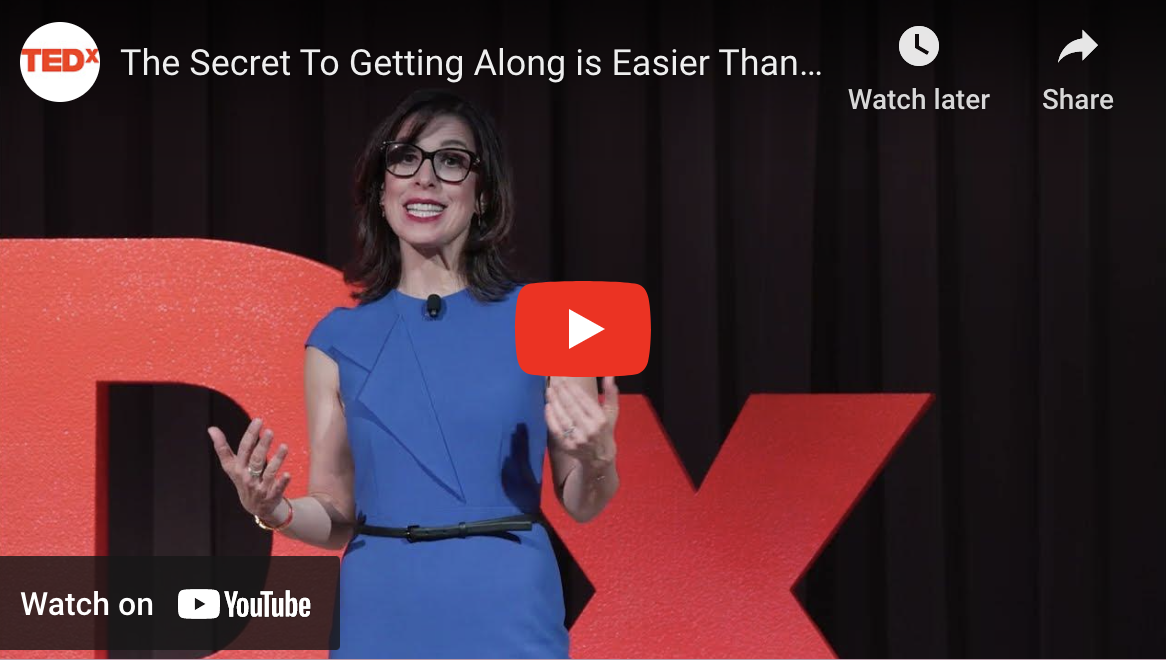What Counts as Income in a Divorce

Income is a vital aspect of our lives.
It is the money we earn from work or investments that help us sustain our daily needs. For couples, income plays a critical role in a divorce, especially when it comes to determining child support and spousal support payments. But what happens when one spouse is deliberately underreporting their income or chooses to quit their job to avoid paying support? This is where imputed income comes into play.
So, what is income? Income refers to any money that a person earns from their job, investments, or any other source of revenue. It may include rental income, royalties, dividends or any source of money received. In a divorce, your divorce mediator or the court will consider both parties’ income to determine spousal support, child support, and property division.
In most cases, the parties’ income is easy to calculate since it is based on their pay stubs, tax returns, and other financial statements. Less simple but also quite common is imputed income. This concept that comes up frequently in divorce mediation or divorce proceedings, and it can play a crucial role in determining spousal and child support payments.
Imputed income refers to income that is attributed to a spouse or parent based on their earning capacity, even if they are not currently earning that amount of money. This concept can be used in a variety of situations, including when a spouse is underemployed, has side-jobs that are not reported, or when a spouse or parent receives gifts or other forms of financial support, or when a spouse intentionally becomes underemployed during divorce mediation or legal proceedings in order to avoid paying support.
When one spouse is underemployed. For example, if a couple has been married for many years, and one spouse has worked part-time while the other has been the primary breadwinner, the court may determine that the underemployed spouse has the potential to earn more money if they worked full-time or obtained additional education or training. In this case, the court may impute income to the underemployed spouse based on their earning capacity.

Similarly, where imputed income may come into play is when a spouse or parent receives gifts or other forms of financial support. In such a case, the court may impute income based on the value of the gifts or support received. For example, if a stay-at-home parent regularly receives financial gifts from their parents, the court may consider these gifts as a form of income and factor them into support calculations.
Additionally, imputed income may be used when a spouse intentionally becomes underemployed to avoid paying support. For instance, if a high-earning spouse quits their job and takes on a low-paying job right before or during a divorce, the court may impute income based on their earning capacity, rather than their current income.
In each of these situations, the goal of imputing income is to ensure that each party is contributing their fair share to the financial needs of the family. By imputing income based on earning capacity or other forms of financial support, the court can prevent a spouse or parent from shirking their responsibilities and ensure that the family is financially stable after the divorce.
It’s important to note that imputing income is not always a straightforward process. The court or divorce mediator must take into account many factors, including the spouse’s age, education level, work experience, and local job market when determining their earning capacity. The court must also ensure that the imputed income is fair and reasonable and does not place an undue burden on the paying spouse or parent.
In conclusion, imputed income is a useful concept in divorce proceedings that ensures that each party is contributing their fair share to the financial needs of the family. Whether it’s due to intentional underemployment, financial gifts, or other factors, imputing income can help ensure that the family is financially stable after the divorce.
By having open and honest conversations with your ex sometimes imputed income can be captured via divorce mediation. In other cases, to get the income on the table, sometimes litigation is necessary. It is important that you understand what you have, what you need and how you can support yourself best whether income is imputed or not.

Gabrielle Hartley, Esq.
Gabrielle Hartley is a renowned divorce mediator with decades of experience in resolving seemingly unresolvable conflict. Besides providing flat rate divorce and separation mediation services to clients online, Gabrielle is also a New York Times bestselling author.
Her book, Better Apart: The Radically Positive Way to Separate can help you navigate your divorce by combining practical advice with the healing power of meditation and yoga. Meanwhile, her second book, The Secret to Getting Along (And Why It’s Easier Than You Think) provides more tips on navigating the most entrenched conflict — whether at home, at work, or in any relationship.



Gabrielle Hartley, Esq.
Gabrielle Hartley is a renowned divorce mediator with decades of experience in resolving seemingly unresolvable conflict. Besides providing flat rate divorce and separation mediation services to clients online, Gabrielle is also a New York Times bestselling author.
Her book, Better Apart: The Radically Positive Way to Separate can help you navigate your divorce by combining practical advice with the healing power of meditation and yoga. Meanwhile, her second book, The Secret to Getting Along (And Why It’s Easier Than You Think) provides more tips on navigating the most entrenched conflict — whether at home, at work, or in any relationship.


FOLLOW GABRIELLE


DISCLAIMER: The commentary, advice, and opinions from Gabrielle Hartley are for informational purposes only and not for the purpose of providing legal advice or mental health services. You should contact an attorney and/or mental health professional in your state to obtain advice with respect to any particular issue or problem.
- One Edgewater Plaza Suite 304, Staten Island, NY 10305
- 266 Smith Street, Brooklyn, NY 11231
Northampton MA
PHONE:
New York: (917) 905-4553
Boston: (413) 450-0420








